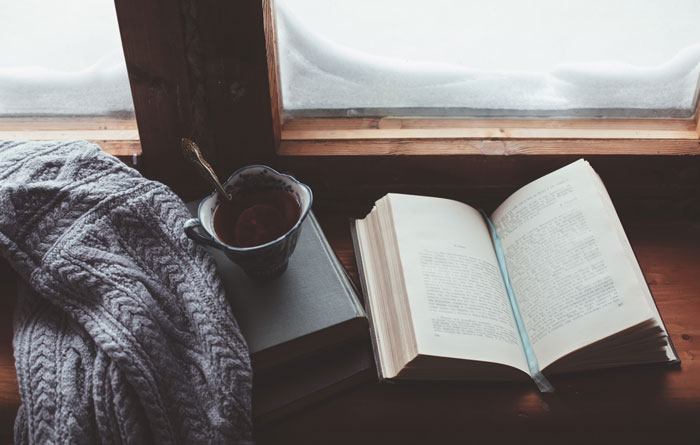Tea Talk – Tropes
TEA TALK – TROPES
There are a LOT of tropes we can discuss in the romance community. Ones that are positive. Ones that are negative. Ones that have given us the freedom to fully explore a previously suppressed fantasy. We all have our opinions on all of them. We won’t always agree. And that’s okay! Diversity in all forms is an important part of the romance community.
But today, I thought we would talk about my most hated romance trope.
“Virginity As The Holy Grail.”
Don’t get me wrong. Virginity is FINE. We all start that way (though a HUGE argument could be made for the idea that the obsession with physical female virginity has been pressed upon us by a long-standing patriarchal society and has absolutely nothing to do with emotional and spiritual purity). And I am okay with reading virgins in a book. I mean, you can’t expect a woman from – for example – historical romances not to be a virgin when married. It is unrealistic. And I am even fine with female virgins in modern romance – even slightly older ones. While the average loss of virginity in the US is around 16, many of us wait. I was 22. I know others who were older. I am fine with virginity.
What I have a problem with is it being pitched as “the holy grail.” Like a virgin heroine is WORTH more because she is a virgin. It is a “selling point” for the hero. Now, this hero is usually a manwhore himself. Hypocrisy, much?
Why do I hate the “Virginity As The Hold Grail” so hard?
It is a mix of statistics/realism, the toxic patriarchal standard, and women (who are usually the ones writing the books) perpetuating an idea that could be harmful for young romance readers.
1. Statistics.
About 3% of Americans are virgins at the time of their first marriage.
Three.
2. Toxic patriarchal standard.
I half-covered this above. The way the men are usually whores but think virgin females are the ‘best possible women to end up with.’
3. Harmful to young romance readers.
I don’t know when the average romance reader starts reading romance. I started in my EARLY teens. I read both historical and contemporary. So I had both the historical virgin heroines and the sexually experienced contemporary heroines. And I believe that the open, frank, accepting nature of embracing female sexuality was empowering. I think it gave me the ability to view sex in a realistic and honest and mature way.
Now, if I were a young romance reader today and pick up one of these “Virgin As The Holy Grail” books, I could easily see it messing with my view of sex. I could see myself thinking, “Well, the only way a good man will want me is if I have never been touched before.” Which, I don’t know about you, but I would never want a daughter, sister, niece, friend to think of herself in those terms. Because if she happens to have sex before marriage, it could seriously hurt her sense of self-worth moving forward. And a young woman who does not feel sure of herself is more likely to make bad choices in men, continuing a toxic cycle well into adulthood.
Now, yes, of course, romance in general calls for a massive amount of suspension of disbelief. We all like to read different things from the somewhat tame May/December or billionaire books to the more taboo sold-to-the-hero or dubious consent type plots. Liking – or not liking – these tropes DOES NOT MAKE US RIGHT OR WRONG. It makes us a different, diverse group of readers.
Maybe you LOVE “Virginity As The Holy Grail” plots. That’s cool! I’m happy that there are books for you to eat up out there!
This is just my personal dislike of the trope. It makes me uncomfortable to read it. So I avoid it.
What about you? What are your feelings on how virginity is handled in modern romance books?

